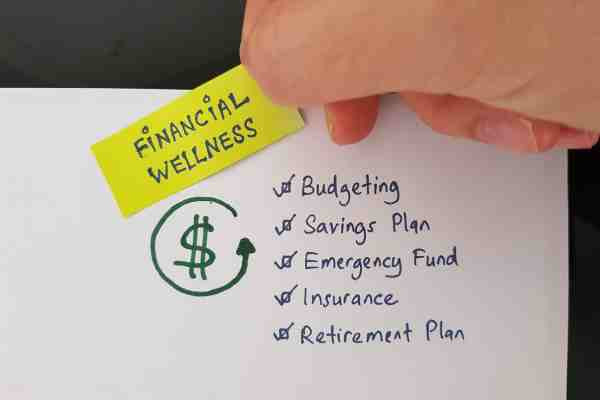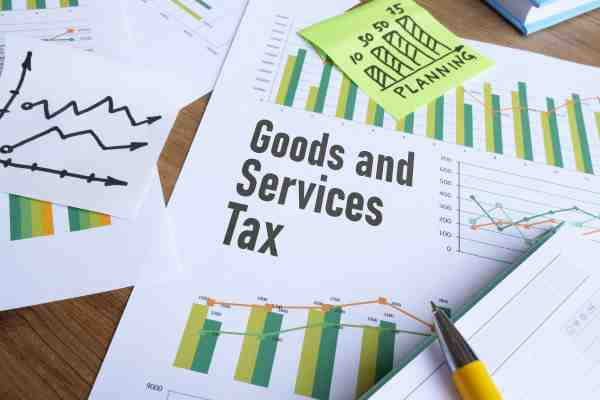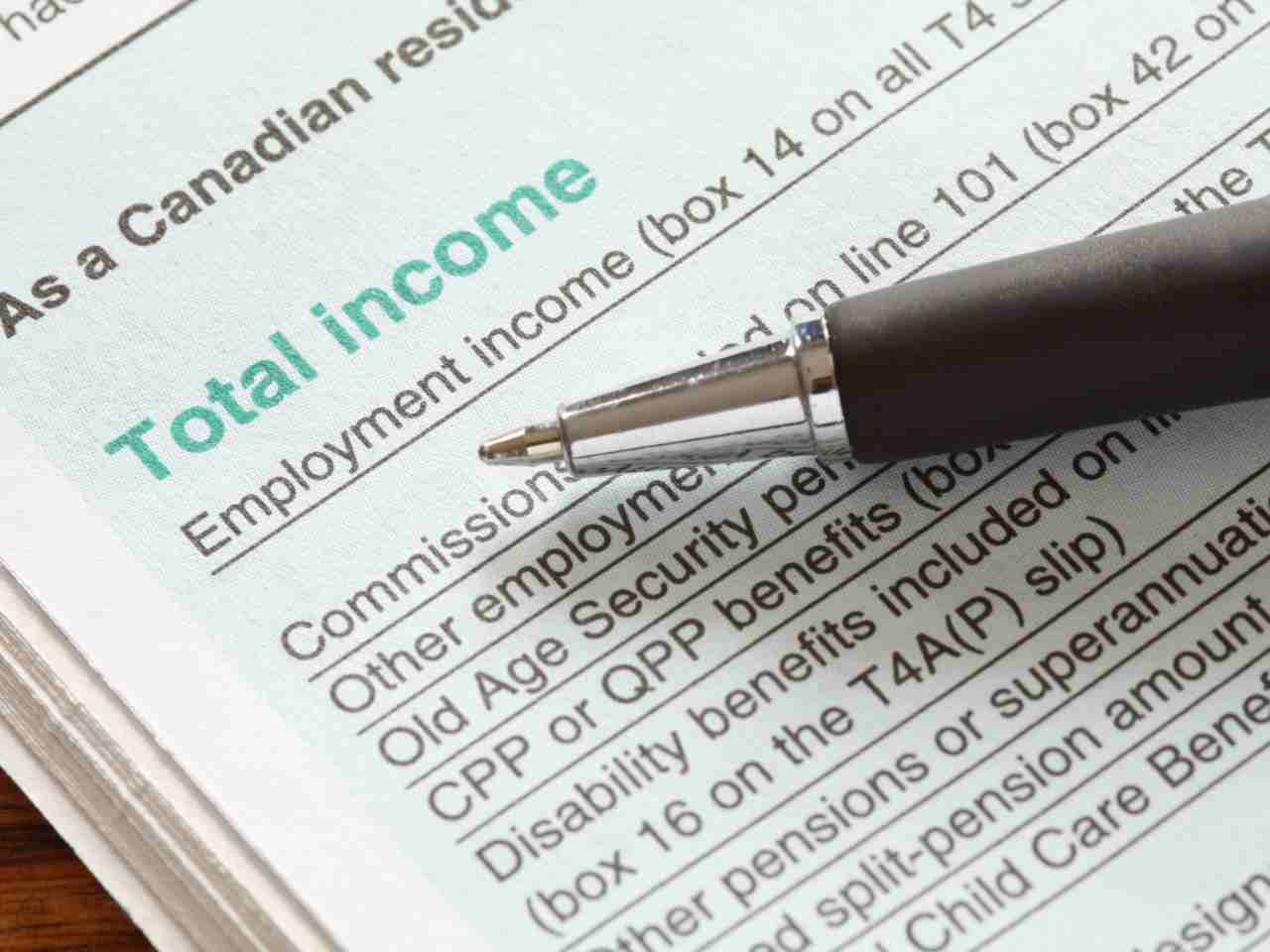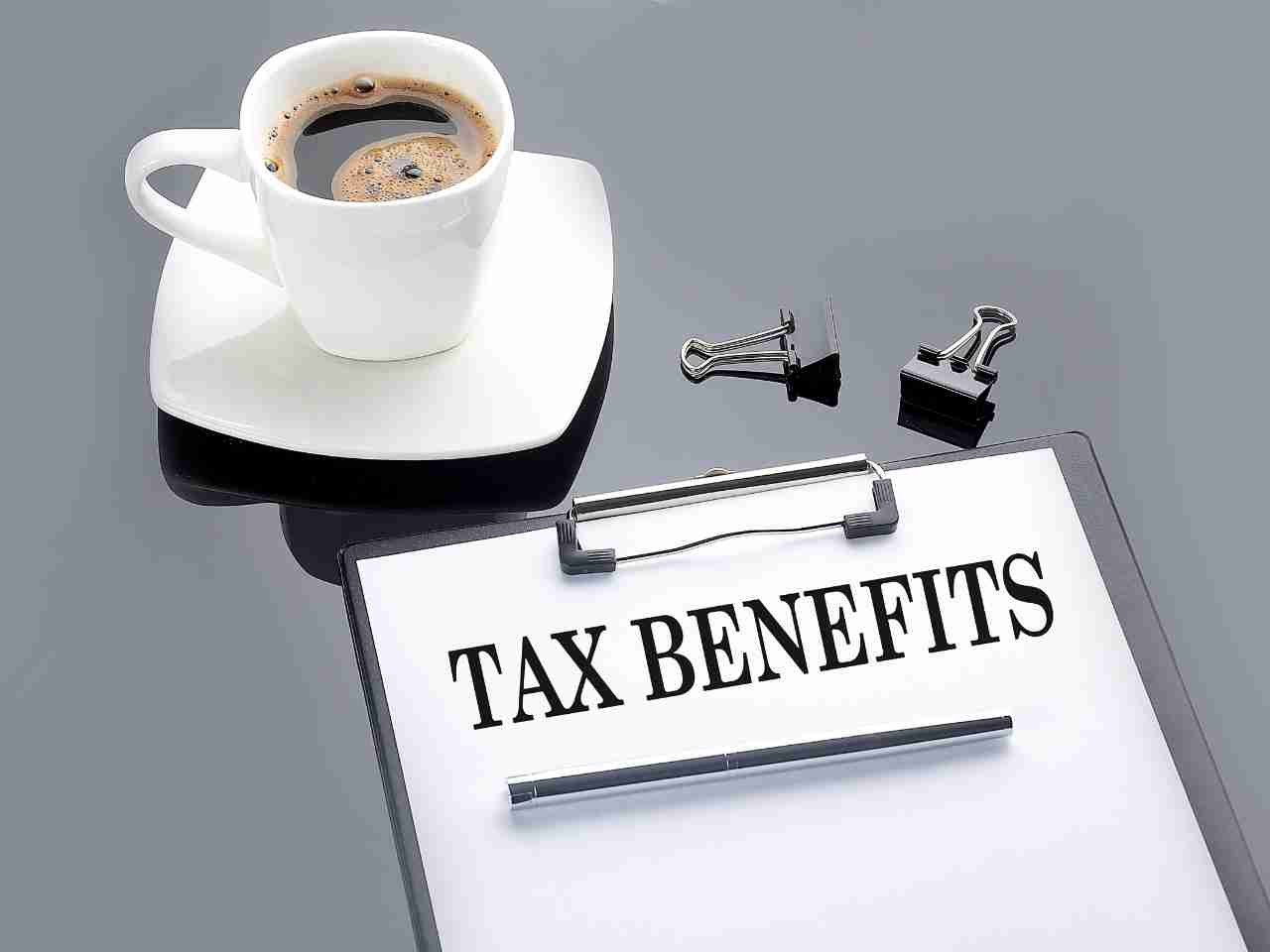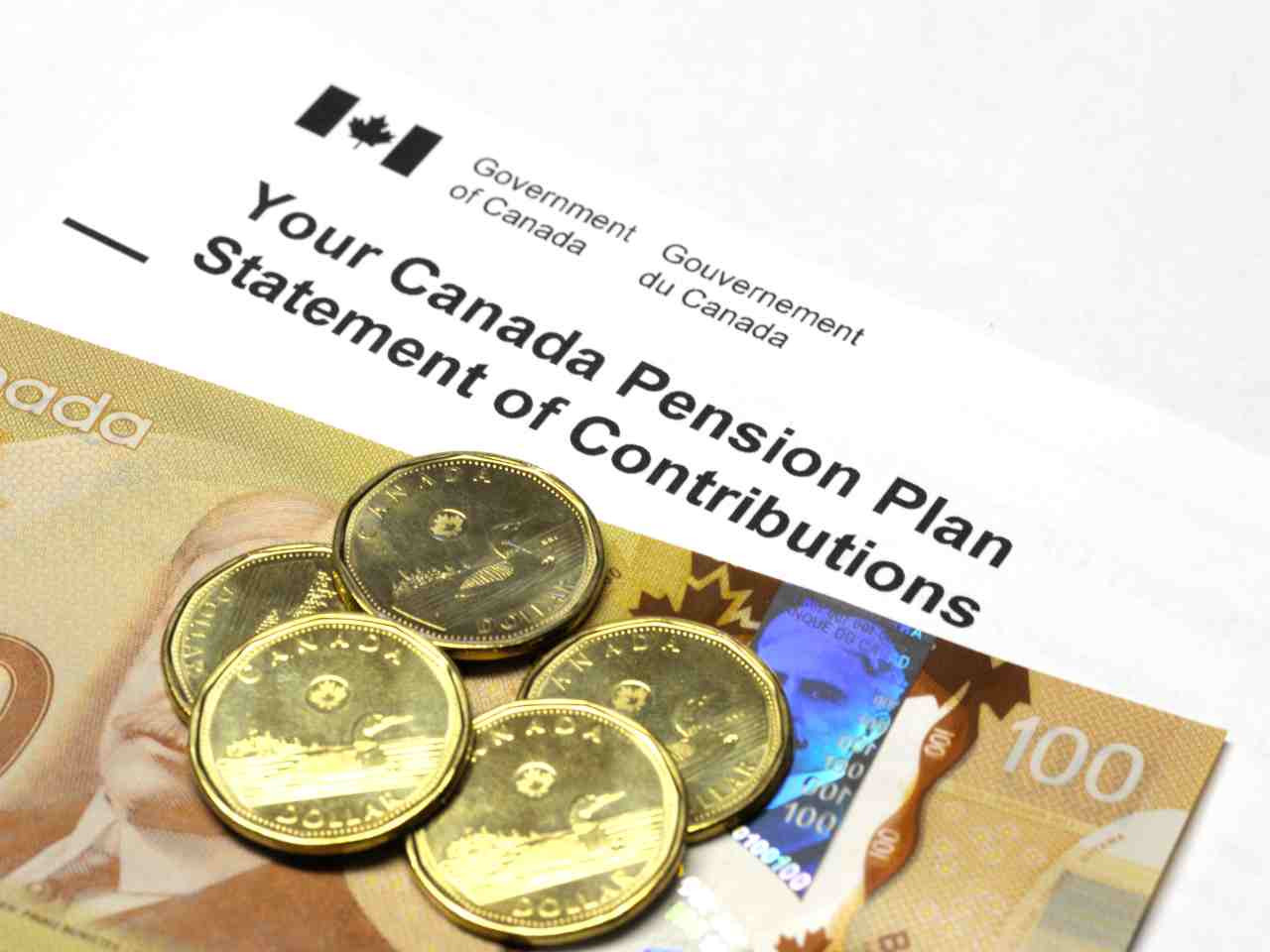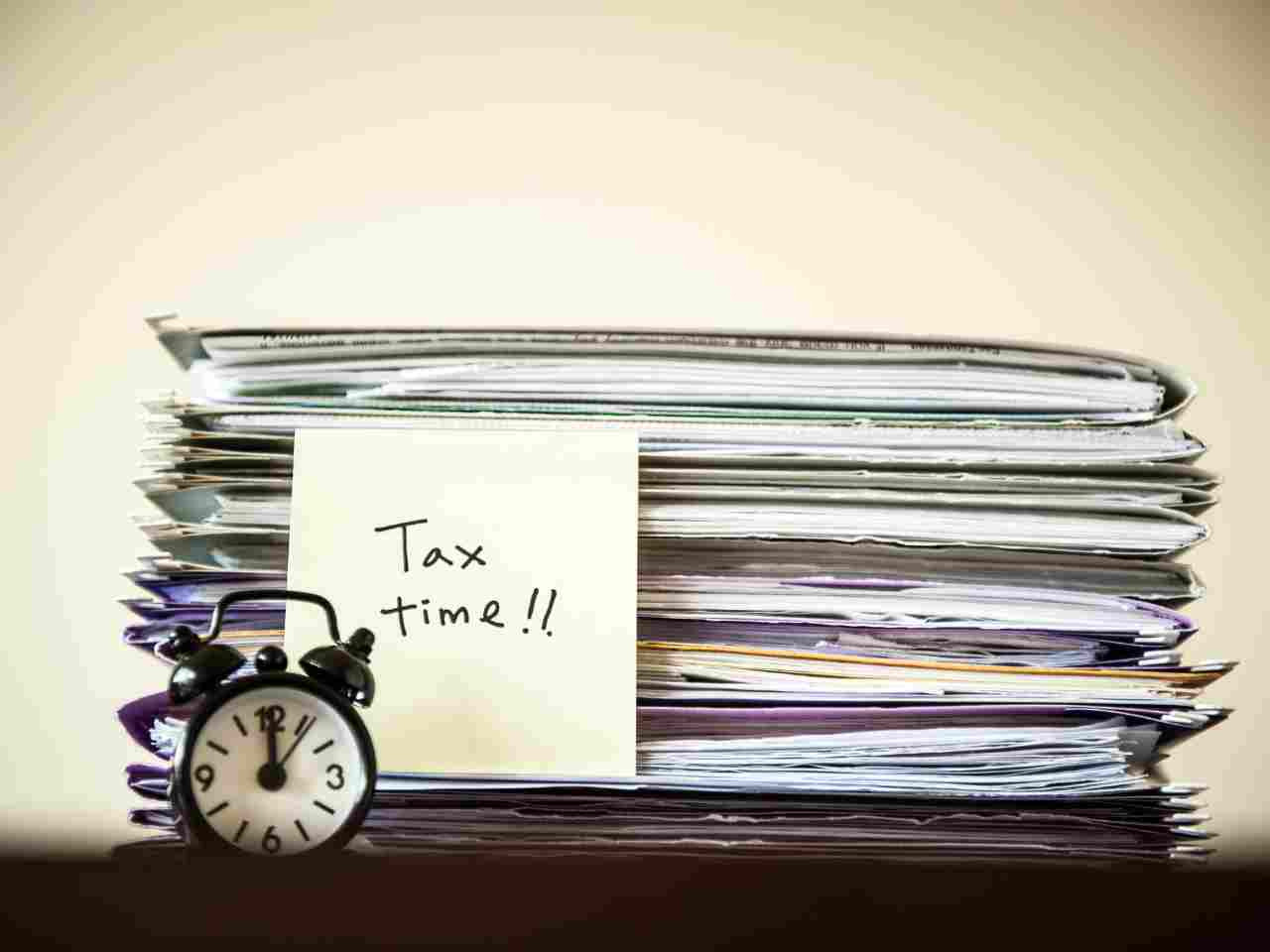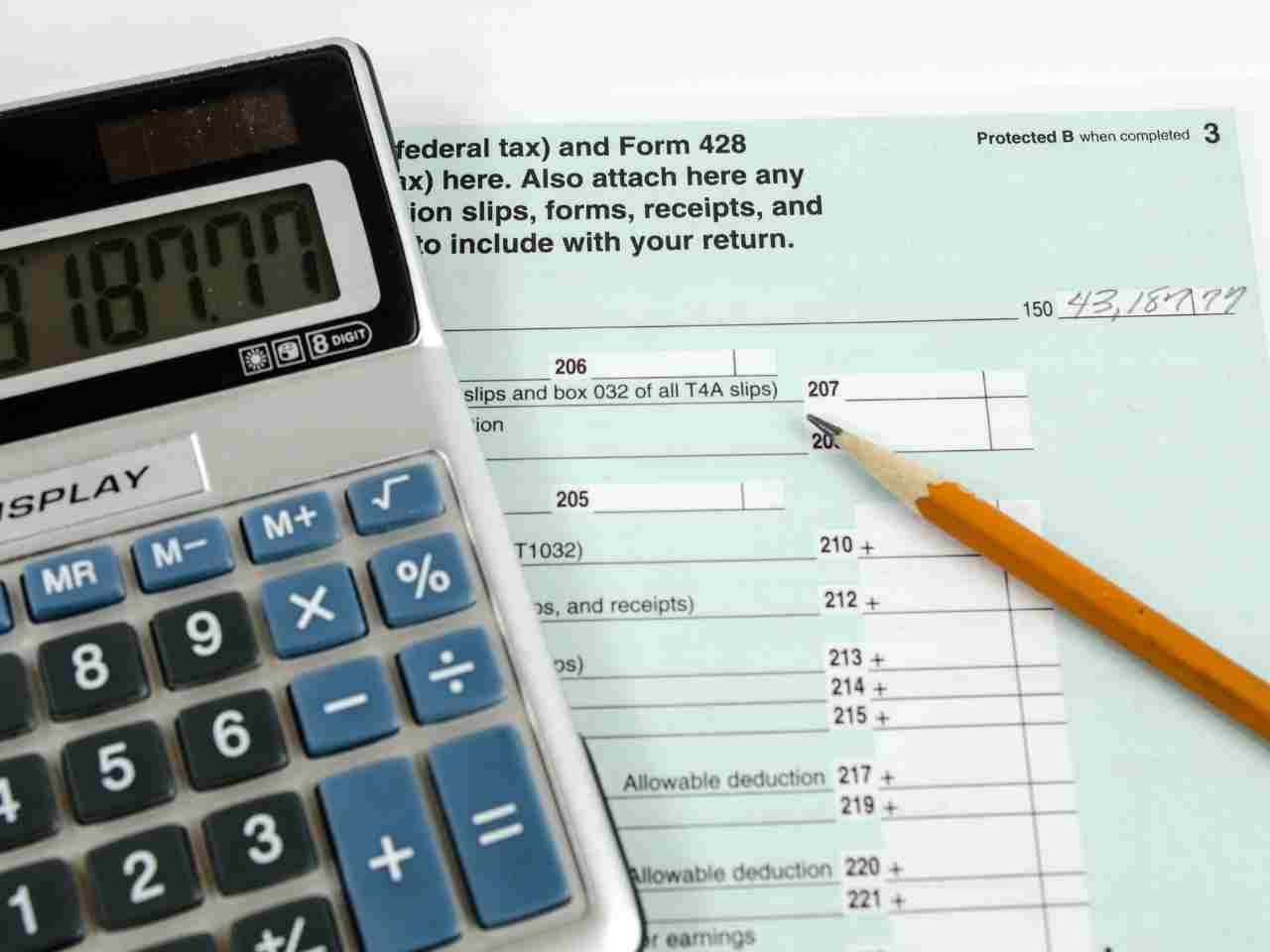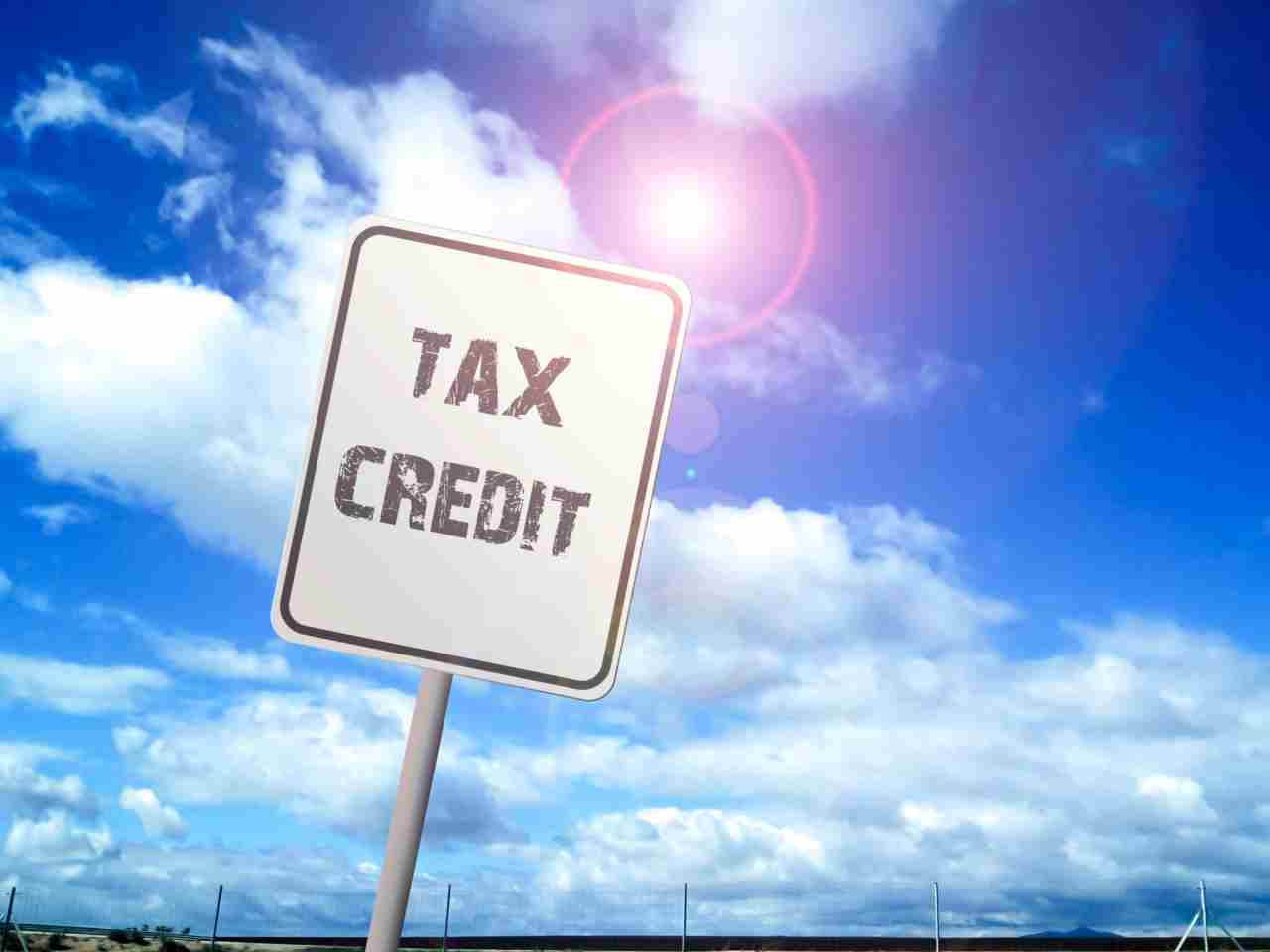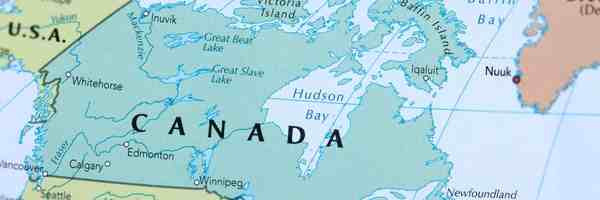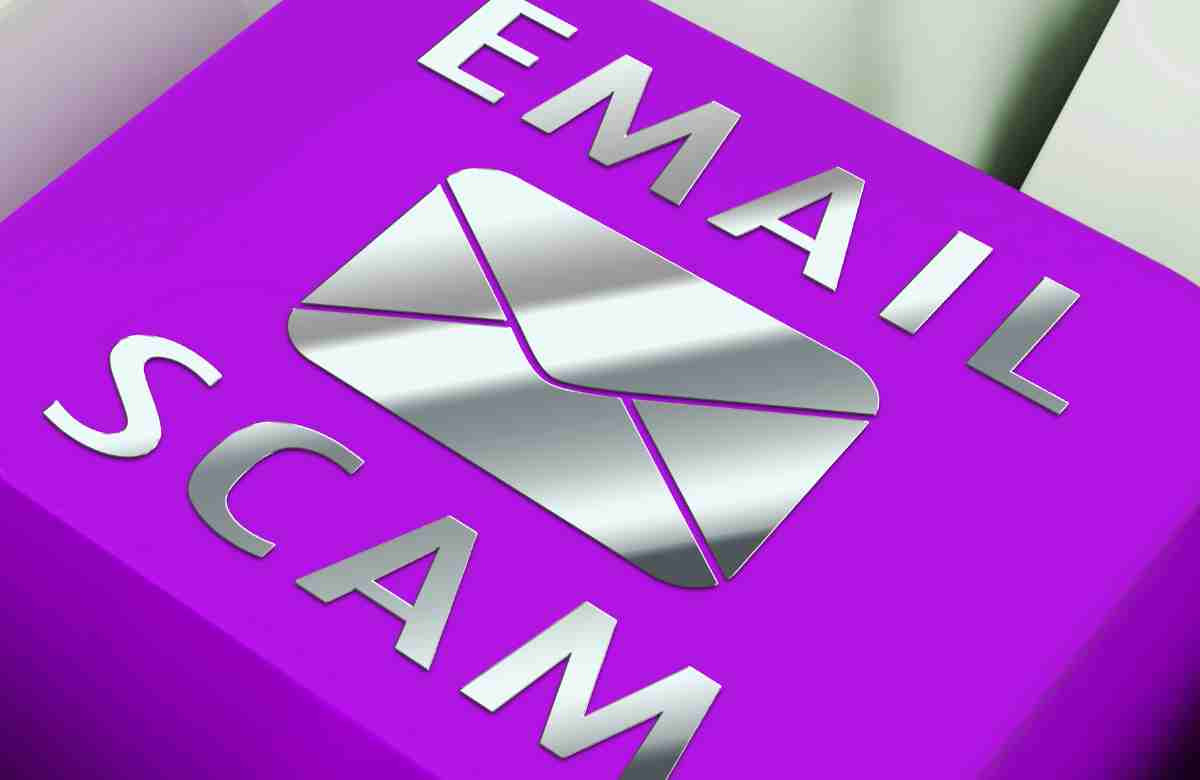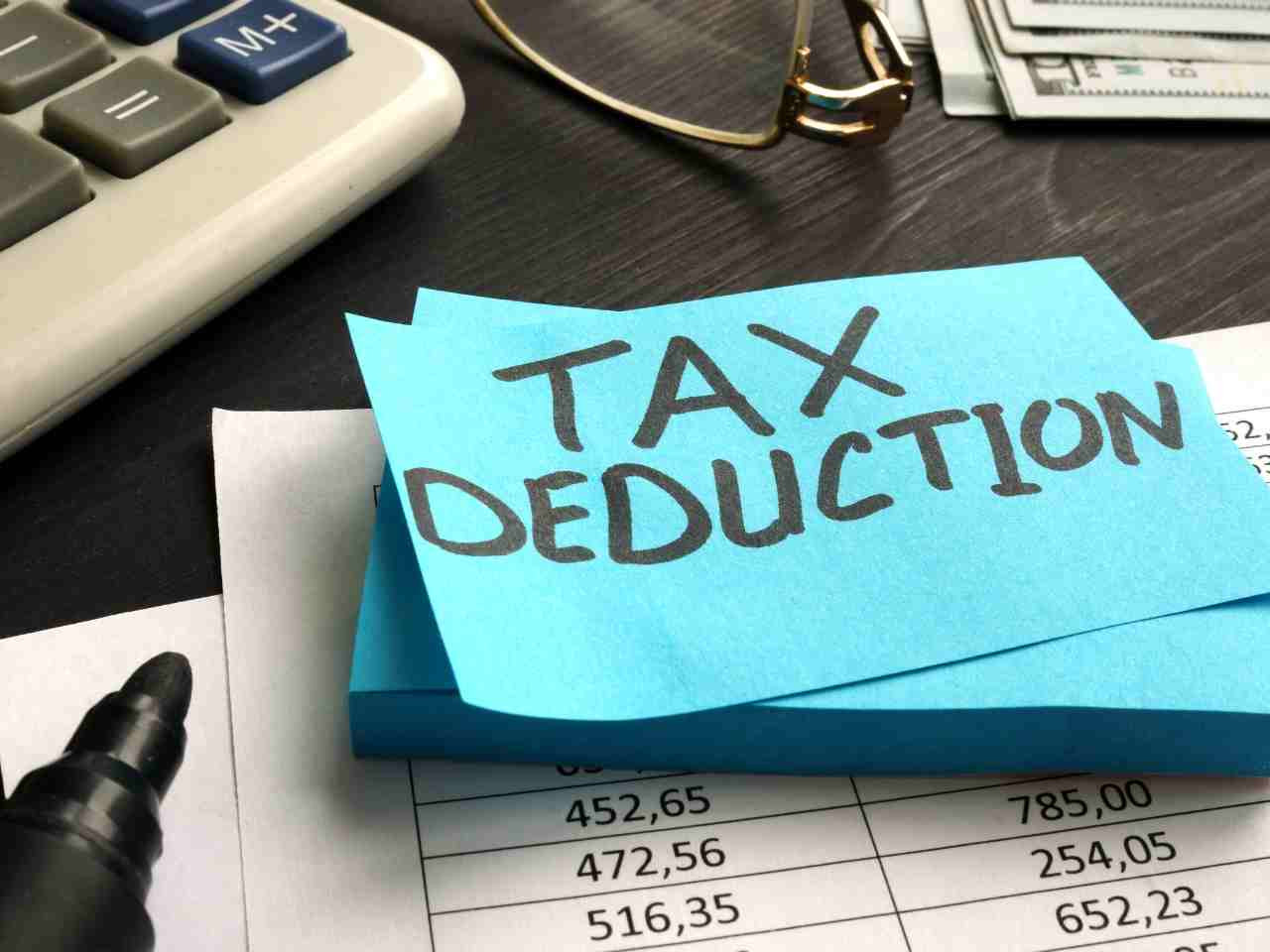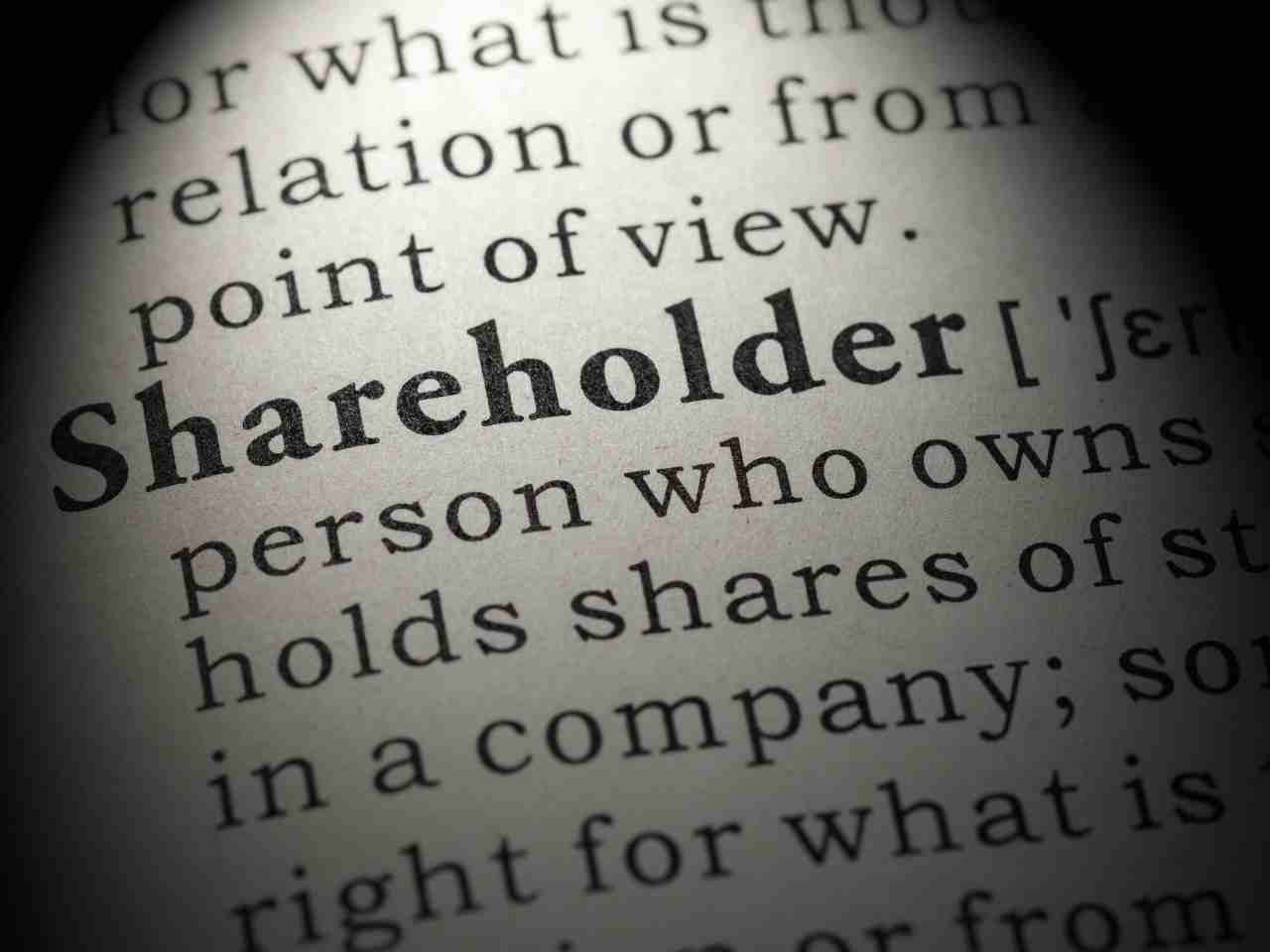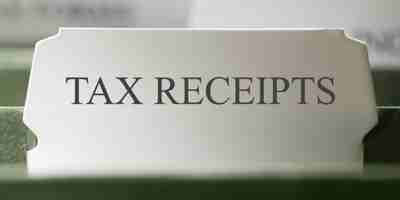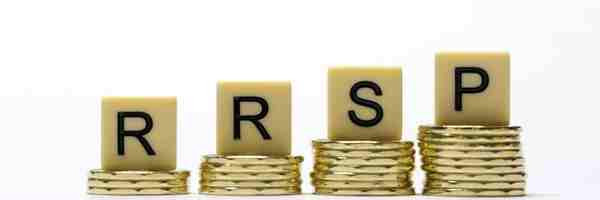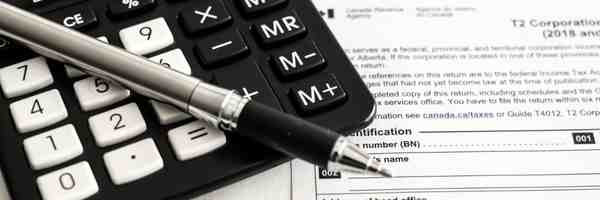TN CPA Professional Blog
The TN CPA Team is your source for the latest Canadian tax news and updates on changing tax laws.
We are pleased to provide a variety of resources on accounting, bookkeeping taxation, and other related subjects that we hope will be helpful to both individuals and businesses.
If you have any questions, simply contact us by email or call 416-318-6789. We will be happy to meet with you for a free, no-obligation consultation.Disclaimer:
The content provided in this blog is for general informational purposes only and is not intended as professional accounting, tax, or financial advice. While efforts are made to ensure the accuracy and timeliness of the content, errors or omissions may occur. The content does not constitute a client-advisor relationship. Readers should consult with a Chartered Professional Accountants or other financial professional for advice tailored to their specific needs. We are not liable for any actions one might take based on the information provided in this blog.
This article is timely, with the end of the year in sight.
A Registered Retirement Income Fund (RRIF) is a retirement income vehicle in Canada, designed to provide a steady income stream to retirees by converting savings from a Registered Retirement Savings Plan (RRSP) into taxable income. Here's how it works:
When a Tax-Free Savings Account (TFSA) holder passes away, the handling of the account depends on whether the account has a named successor holder or a designated beneficiary. Here’s a breakdown of the main scenarios:
In Canada, a Personal Services Business (PSB) is a type of business that the Canada Revenue Agency (CRA) designates under certain conditions. The rules governing PSBs are stringent, and the tax treatment of a PSB is less favorable compared to other types of corporations. Here’s an overview of what constitutes a PSB and its implications:
The Goods and Services Tax (GST) and Harmonized Sales Tax (HST) are value-added taxes in Canada that most consumers pay on goods and services. To alleviate the financial burden these taxes might place on individuals with lower or modest incomes, the Canadian government provides a refundable tax credit known as the GST/HST credit.
Deciding whether a sole proprietor should incorporate in Canada depends on various factors, including tax considerations, liability protection, business growth plans, and administrative responsibilities. Here are some key points to help make that decision:
For small businesses in Canada, simplicity and efficiency are key when choosing an accounting procedure.
In Canada, income from selling goods on eBay, or similar platforms such as Kijiji, Etsy, or Amazon, can be taxable, depending on the nature and frequency of the sales. Here are the key factors to consider:
Xin cảm ơn quý khách hàng đã tin tưởng sử dụng dịch vụ khai thuế - tư vấn cá nhân của TN CPA cho năm 2023. Xin quý khách hàng lưu ý những điểm dưới đây sau khi Tax return T1 2023 đã được nộp cho CRA để đảm bảo hồ sơ thuế được hoàn tất trọn vẹn và sẵn sàng cho mùa thuế 2024.
We would like to thank you for your trust in our 2023 personal tax filing services. Pls be aware of the following matters to make sure your 2023 tax is properly followed up and ready for 2024 tax filing.
The Canada Revenue Agency (CRA) allows businesses to deduct certain entertainment expenses from their taxable income. However, there are specific rules and limitations on what can be deducted. Here is an overview:
Are There Tax Benefits for Couples in Canada?
Curious about the tax advantages that come with getting married or living in a common law relationship? In Canada, there are indeed significant tax perks for couples. The following will begin to outline them.
Filing your personal Canadian income tax return can also help you qualify for various government benefits. Here are some examples:
The deadline for filing 2023 tax returns and payments is Tuesday, April 30, 2024. Typically, personal income tax returns, excluding those with self-employment income, are due by April 30th, along with any outstanding payments. Late filings or payments may incur penalties and interest charges.
Should you have established an in-trust-for (ITF) account for your minor child or hold specific assets jointly, you, and/or they, may now fall under the purview of recently implemented trust reporting regulations, effective for taxation years ending after December 30th. These regulations might necessitate the filing of a T3 Trust Income Tax and Information Return within 90 days of the year-end, irrespective of whether there's any income or activity to report. Given that trusts typically have a calendar year-end, the first tax return for 2023 would be due by April 2, 2024 (as March 30 falls on a Saturday, and April 1 is Easter Monday).
Maximizing your tax refunds as a college student in Canada involves understanding the tax credits and deductions available to you and ensuring you claim them correctly on your tax return. Here are some tips to help you maximize your tax refunds:
We have compiled a list of Tax Changes and adjustments that are anticipated to affect most Canadians in 2024.
The details here offer estimates for elevated payroll taxes, mandatory contributions to the Canada Pension Plan and Employment Insurance. It also covers increases in carbon and alcohol taxes plus the effect of the possible Digital Services Tax.
As tax laws and regulations change, it's crucial to consult with a tax professional or check the latest resources for the most up-to-date information.
Here are some common steps individuals may take at the end of the tax year:
Effective record-keeping is crucial for the success of any small business. Proper records not only help you track your financial performance but also ensure compliance with tax regulations and provide valuable insights for making informed business decisions. Here are some best practices for record-keeping in a small business:
Minimizing taxes for a deceased taxpayer's estate in Canada involves careful planning and following specific strategies. The goal is to reduce the tax liability of the estate and maximize the assets passed on to beneficiaries. Here are some steps to consider:
In Canada, gifts from an employer can be considered taxable benefits in certain circumstances. The taxation of employer-provided gifts depends on several factors, including the nature and value of the gift, the frequency of such gifts, and the specific rules set by the Canada Revenue Agency (CRA).
In Canada, gifts and inheritances are generally not taxable to the recipient. However, there are some important nuances and exceptions to consider:
For low-income individuals in Canada, claiming the Disability Tax Credit (DTC) can provide additional financial benefits through refundable tax credits and other programs. Here are some key points to consider:
If you believe that you were eligible for the Disability Tax Credit (DTC) in previous years but did not claim it, you may be able to make a retroactive claim. Retroactive claims allow you to request adjustments to previous tax returns and potentially receive refunds for the missed credits.
As Canadians advance in age, we are pleased to offer a 3 part series on the Disability Tax Credit (DTC) in Canada.
To claim the Disability Tax Credit (DTC) in Canada, you must meet the eligibility criteria and complete the necessary steps. Here's a general overview of the process:
Below is the updated overall information on Canada's COVID-19 Economic Response Plan from CRA's official portal. Should you have any questions, please do not hesitate to contact us.
First Home Savings Accounts, or FHSAs combine the concept of Tax-Free Savings Accounts and Registered Retirement Savings Plans. For people aged 18 and older, like an RRSP, contributors receive a tax deduction on contributions and TFSA-like tax-free withdrawals when using the savings to buy a home. Further, any investment gains earned in the account are tax-sheltered.
As the 2022 tax year is behind us, it is a good idea to start early and plan for 2023. Here are some suggestions on how you can save money on your Canadian income tax for this year:
Even though the CRA is dealing with a strike by public sector workers, you must still file your Canadian income tax on time to avoid penalties and interest charges. In this blog post, we will discuss the importance of filing your Canadian income tax on time and the penalties you may be subject to if you are late.
The CRA will not send text messages, or instant messages (Facebook Messenger, WhatsApp) to start a conversation with you under any circumstances.
If you receive a text or instant message purporting to be from the CRA, prompting you to click on a link or requesting information, you can safely delete it.
The Canada Revenue Agency (CRA) might email you:
- to let you know that a new message is available on your CRA website account.
- to send you a link for a webpage, form, or publication that you requested during a call or meeting with a CRA representative.
- to let you know about tax credits and benefits for individuals or online services such as My account.
Numbers from the Canadian Anti-Fraud Centre show that direct calls remain the number one means of solicitation for fraudsters.
Although the CRA may contact you via phone to review your income tax and benefit return, it's important to note that legitimate government employees will always identify themselves with their name, employee number, and phone number.
It’s tax time again. If you are like others, you may feel overwhelmed by the process. Sadly, scammers are aware of this and take advantage of people's fears by trying to steal money and gain unauthorized access to personal data and financial details. The Canada Revenue Agency has seen a dramatic increase in the sophistication of scam attempts, so it is essential that you learn the difference between legitimate communication and a scam from the CRA. The best way to protect yourself from potential fraud is by learning the signs.
When preparing your taxes, a deduction that is often overlooked is carrying charges and interest expenses. These charges are costs you incur to earn income from an investment, but only expenses for non-registered accounts will qualify.
Shareholder loans refer to loans made by shareholders of a corporation to the corporation. The tax implications of such loans will vary depending on the jurisdiction, but usually, they are not considered taxable income to the shareholder.
Streamlining the process of filing your tax returns for 2022 is easily done through proper planning. By taking the time to prepare your records you can speed up the procedure of receiving a refund and reduce the cost of services provided by your accountant or tax preparer as they work to meet the filing deadline.
With the end of the year fast approaching, we thought it would be timely to discuss the medical expense deduction on your tax return.
Contributions to an RRSP from January 1, 2017, to the first 60 days of 2017 can be deducted from your 2016 income. You must declare your total contributions. The maximum that is tax deductible is your contribution limit per your notice of assessment. Any unused RRSP contribution in excess of $2,000 is subject to penalties by the Canada Revenue Agency (CRA) of 1% per month.
October 31, 2022
Update on electronic notices of assessment
Finance Canada recently proposed legislation that would allow the Minister of National Revenue to provide a notice of assessment (NOA) electronically to an individual who filed their personal income tax return electronically and has authorized that notices or other communications may be made available in this manner.


